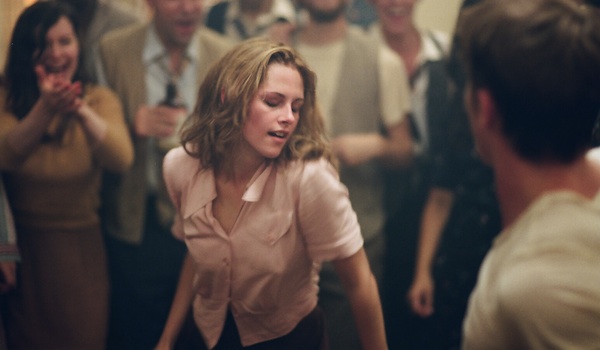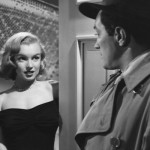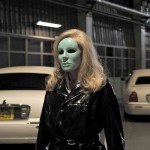On the Road Review
A big-screen adaptation of Jack Kerouac’s seminal novel On the Road was always going to be love-it-or-hate-it. Its reputation will lead the uninitiated to have inflated expectations, and the very novelistic nature of the material will cause Kerouac devotees to expect the worst.
Count me in the camp of the former. Sadly, my life as a cinephile doesn’t extend into the realm of books nearly as often as it should, and I have yet to read On the Road. The film, however, looked like it could hit all my buttons, and to a certain degree, it actually does. The cinematography is sumptuous, and all three principals bring a great deal of authenticity to the ideas that emanate from the source material. If there’s one perfect word to describe On the Road, it’d be “beatnik,” so fear not Kerouac fans. That said, director Walter Salles and, particularly, screenwriter Jose Rivera don’t properly grab the reins to prevent On the Road from flying off the rails at times. Still, this messy, sprawling motion picture gets more right than wrong, and it’s definitely a nice change of pace from your standard end-of-year prestige fare.
The film’s protagonist is Sal Paradise (Sam Riley), an aspiring writer who finds inspiration in his free-spirited friends—Dean Moriarty (Garrett Hedlund), Carlo Marx (Tom Sturridge), and Marylou (Kristin Stewart). Together, they drink, listen to jazz, have uninhibited sex, and lament the passing of time and the rigidness of American culture. They strive to live lives that are as free-flowing as the booze in their favorite nightclubs, and after several weeks together in New York, Carlo joins the navy, and Dean and Sal hit the road.
Over the course of several years, they visit Denver, California, and New Orleans, among other places. They encounter beautiful women, interesting men. They grow up. They act like children. They live.
The film is, by design, as structureless and meandering as its characters. These are people who don’t own anything but a few white T-shirts. They don’t work in any one place for but a month or so. Dean is the most interesting of the bunch. Where Sal is a real pro at observing, Dean seizes every moment—even if the act of “seizing” means abandoning or hurting someone who loves him.
The film’s one and only through-line is sex. Dean hooks up with Marylou, but Sal is gaga for her. She’s down for whatever with whomever, but the same can’t be said about Camille (Kirsten Dunst), the mother of Dean’s child. She loathes him and the way his lifestyle has completely ruined her. Carlo, meanwhile, is gay and wants to travel to Africa to find a man.
The film is so sexual. Not sexy, mind you, but sexual—filled with and often driven by animalistic sex. Dean, Sal, and Marylou sweat, strip, and sex it up in what seems like every other scene. When they aren’t having sex, they’re either talking about it or thinking about it. It’s neither a benefit nor a hinderance to the film as a whole. It’d be hard to argue that Salles’ approach doesn’t make you analytically understand this way of life, but that’s the least we should expect out of an adaptation of a work as monumentally important and influential as Kerouac’s novel. The real question is: Do you feel anything? Some sort of narrative arc would have done the film wonders in that department.
From a technical point of view, however, On the Road is aces. Its mis-en-scene drips with nostalgia for a culture and way of life long gone; Its cinematography (courtesy of Eric Gautier) is beautiful and inventive—making use of the “road trip with friends” concept without sacrificing the aesthetic appeal of 1950s Americana. If only the screenplay could have done the same…
Riley, Hedlund, and Stewart give performances ranging from great to solid. Hedlund is the best of the bunch in the showiest—but hardest to nail—role. Riley’s scraggly voice is arresting and helps the actor breathe life into the mostly passive Sal. Stewart is the weakest of the bunch, but not for lack of courage. Her character is mostly just a sex object, which Bella Swan surprisingly excels at, but she’s mostly a non-starter when it comes to anything else.
The most succinct way to sum up On the Road is “easy to admire, tough to love.” It’s an accomplished bit of filmmaking, but—like its main character—it merely observes. As a result, you don’t feel much other than admiration for some solid acting and great craftsmanship. Throw in a solid story with some kind of narrative momentum, and you might be looking at one of the year’s best. As it stands, it’s passable, watchable prestige filmmaking, but don’t go in expecting the cinematic equivalent of one of the past century’s most adored novels; You’ll leave sorely disappointed.
















